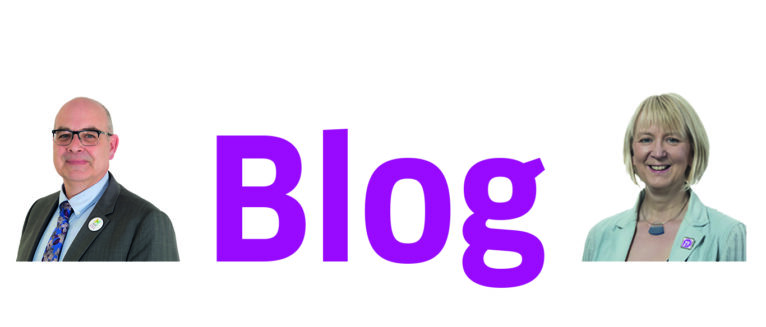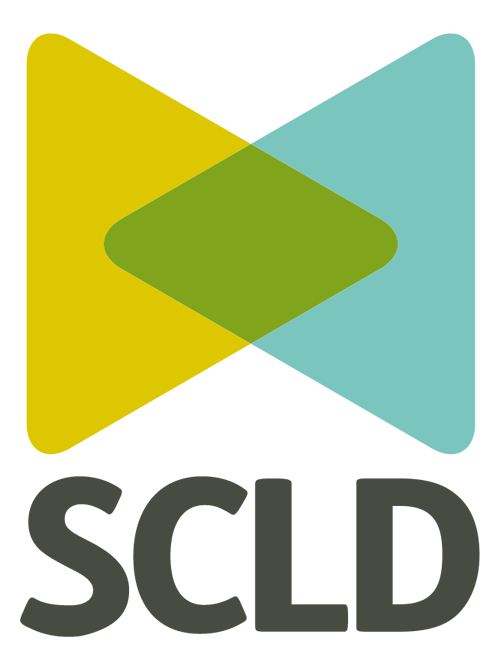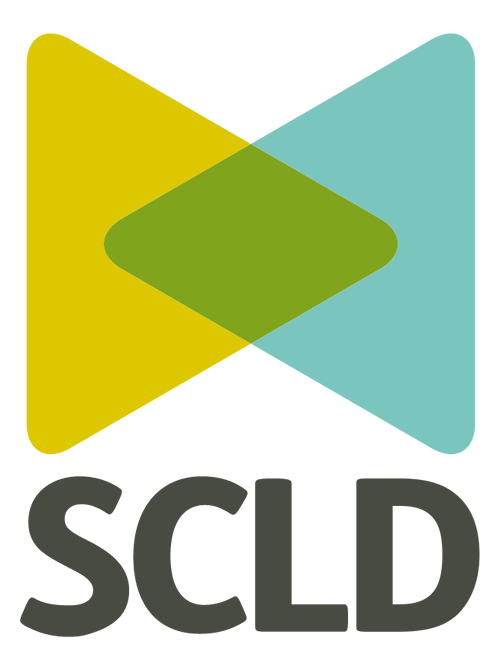
Taking the Next Steps for Children’s Rights in Scotland
The United Nations Convention on the Rights of The Child has been incorporated in Scotland! So what now? The Scottish Commission for People with Learning Disabilities (SCLD) Chief Executive, Charlie McMillan, and Chief Executive of PAMIS, Jenny Miller reflect on the bill, and what needs to be achieved as it becomes law.
Yesterday, The United Nations Convention on The Rights of the Child (Incorporation) (Scotland) Bill was debated in parliament and accepted as law in Scotland. The landmark legislation incorporates children’s rights under the United Nations Convention on the Rights of the Child (UNCRC) into domestic Scot’s law. This has been the result of ten years of campaigning from the children’s sector in Scotland and it is right that we all celebrate this.
The new law has the potential to create significant change for children and young people with learning disabilities in Scotland by ensuring a proactive duty to respect, protect and fulfil their UNCRC rights, and access to justice if this doesn’t happen. Both SCLD and PAMIS are delighted to see this landmark bill passed and believe it is a critical step forward in ensuring that Scotland is a human rights respecting nation.
SCLD has worked, as a member of Together Scotland, to make sure this new law takes account of children and young people with learning disabilities. Central to this has been ensuring that the law can support the Scottish Government to understand the experience of children and young people with learning disabilities.
SCLD is therefore pleased to see this new law include a duty for Scottish Ministers to report through the Children’s Scheme, both on issues in which children and young people’s rights are not being fulfilled and where there is a risk that this could happen. This will mean that the Children’s Scheme will need to report on several rights issues facing children and young people with learning disabilities and detail what will be done to address these. This could include issues such as restraint and seclusion, access to healthcare, and education.
As a member of Together Scotland, SCLD advocated for this additional duty to be included as part of the Children’s Scheme. We felt that without it, children and young people with learning disabilities would be lost in universal reporting commitments.
We are therefore happy to see this amendment accepted at Stage 3, and the bill passed. This new law will pave the way for creating transformational change in the lives of children and young people with learning disabilities. The same children and young people, who due to a lack of understanding of learning disability and accessibility, face endemic violations of their human rights.
This includes the disproportionately high mortality rate faced by children and young people with learning disabilities and the endemic violations of human rights which families supported by PAMIS experience on a daily basis. These include children and young people with profound and multiple learning disabilities (PMLD) being made to sleep on mattresses on floors in hospitals, in addition to being stopped from participating in social and cultural life due to a lack of accessible changing places toilets. These human rights’ violations must end.
It was therefore great to hear this acknowledged during the UNCRC debate in Scottish Parliament by Joe Fitzpatrick MSP, who remarked:
“Ensuring that the experience of those children and young people is reflected in the children’s rights scheme is critical. Those children can face considerable barriers to accessing their human rights and we can see evidence of that when we think about the experience and life opportunities of children and young people with learning disabilities. For example, recent findings from the Scottish Learning Disabilities Observatory showed that premature mortality was 12 times higher for children and young people with learning disabilities than for the rest of the population. That is simply unacceptable.”
This new law should give these children, young people, and their families routes to justice and put an end to experiences that can remove their dignity and isolate them. Critical to this is the law’s commitment to inclusive communication.
Both SCLD and PAMIS are therefore clear that the passing of the UNCRC (Incorporation) (Scotland) Bill is a landmark day and one to be celebrated. At the same time, however, we are mindful that this is just the beginning, as it is how this law is implemented that matters.
So once the celebration is over, we must ask ourselves what now? As one parent from a family supported by PAMIS suggests:
“Scotland could make our lives better by educating society so that people are more aware of the needs of people like my child. The world can shrink when you have a disability because of a lack of awareness and a lack of accessibility. Changes need to be made to open up their world – and they are simple, not exceptional ones…”
In listening to this parent, we recognise that the first step should be to work collaboratively to educate relevant bodies on UNCRC rights and the rights of people with learning disabilities included within it. We must use the UNCRC as a mechanism to achieve these ‘simple changes’ .
SCLD and PAMIS both welcome the passing of the UNCRC (Incorporation) (Scotland) Bill into law. In particular we would like to thank Together Scotland for their collective work in ensuring the rights of children and young people are realised in Scotland.
SCLD and PAMIS look forward to working with the Scottish Government, public bodies, and key stakeholders to ensure the effective implementation of the UNCRC.
We would also like to thank the children, young people, and their families who shared their experiences with MSPs to help inform this new law.
The work now begins to make children and young people with learning disabilities rights real in Scotland*.
Charlie McMillan & Jenny Miller
*Since this blog was posted, the UNCRC (Incorporation) (Scotland) Bill has been taken by the UK Government to the UK Supreme Court. The rights of children and young people with learning disabilities remain a priority. Find out more here.


